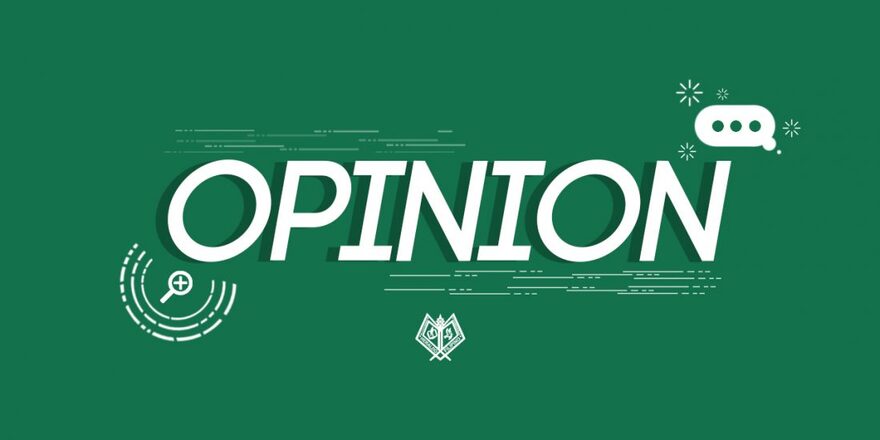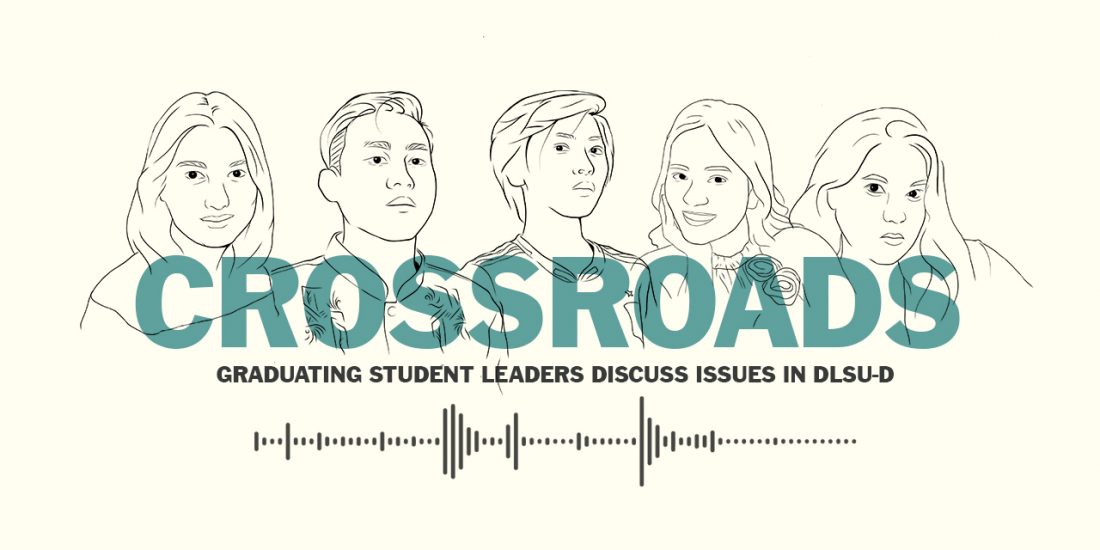OK Boomer
If you are a mere observant like me on popular trends on social media, I am certain that you are aware of the OK Boomer meme that recently gained its ground on social media. Following the remark of 25-year-old politician directed to a group of “older” politicians dismissing Chloe Swarbrick during her speech on a New Zealand session for climate action, OK Boomer takes varying views and creating mixed reactions from the internet.
OK boomer? Many saw this as a step further in creating a divide between generations but what people fail to realize is that this is actually a call to break that barrier between the old and young. Now, don’t get me wrong when I say that this addresses the gap, but it sure calls for an action.
The phrase roughly translates to “Boomers, we’ve had enough”—and for sure millennials and younger generations have had enough of past generations messing up the economy and most particularly, the environment. In fact, it is a call for previous generations to humble themselves down, admit that there’s something wrong that needs to be addressed, and listen to the current generation’s calls for changes.
It is evident that the youth now has been expressive in voicing out their concerns. At 16, environmental activist Greta Thunberg has sparked the world with her words addressed to world leaders “How dare you? You have stolen my childhood”, stating that they failed to protect and sustain the world that is now leading to an impending mass extinction.
In this discussion, there is no winner, but one unified generations with the progression of the world in mind
With the urgency of the matter, it must be the time that baby boomers respond to “OK boomer” with a “Sure thing, millennial” and “Good point, gen z” or much better (as the world gets warmer and warmer), directly say “we’ll see what can do” or “we’ll act on it”.
However, this narrative is different from country to country, as other countries may have progressed in their economy differently, which plays a vital role of what causes a gap, while the Philippines may have established another generational distinction.
While the aim is ideal and very much needed, the method has created much more divide as younger generations has resorted to memes in discussions that failed to reach a satisfactory answer to healthy discussions. OK Boomer has now shifted from an internet joke to being offensive. In the United States, workers 40 years and older are protected by an Age Discrimination in Employment Act, as the phrase “OK boomer” may be age-sensitive.
Even Filipinos had their own versions of the meme (“Sige, Enrile” or “OK, tanda” in response to their titos or titas), which may all sound age derogatory and solely for fun, defeating the original goal to call out anything wrong.
In this discussion, there is no winner, but one unified generations with the progression of the world in mind. Times have changed. Progress is vital.
Generations may have different challenges, traumas, experiences, and opportunities growing up, but it doesn’t mean that the younger generations indeed have it easier. After all, there are greater conflicts out there than debating who had it better or worse, for something that is obviously just a clash of perspectives.
Okay, boomer?




